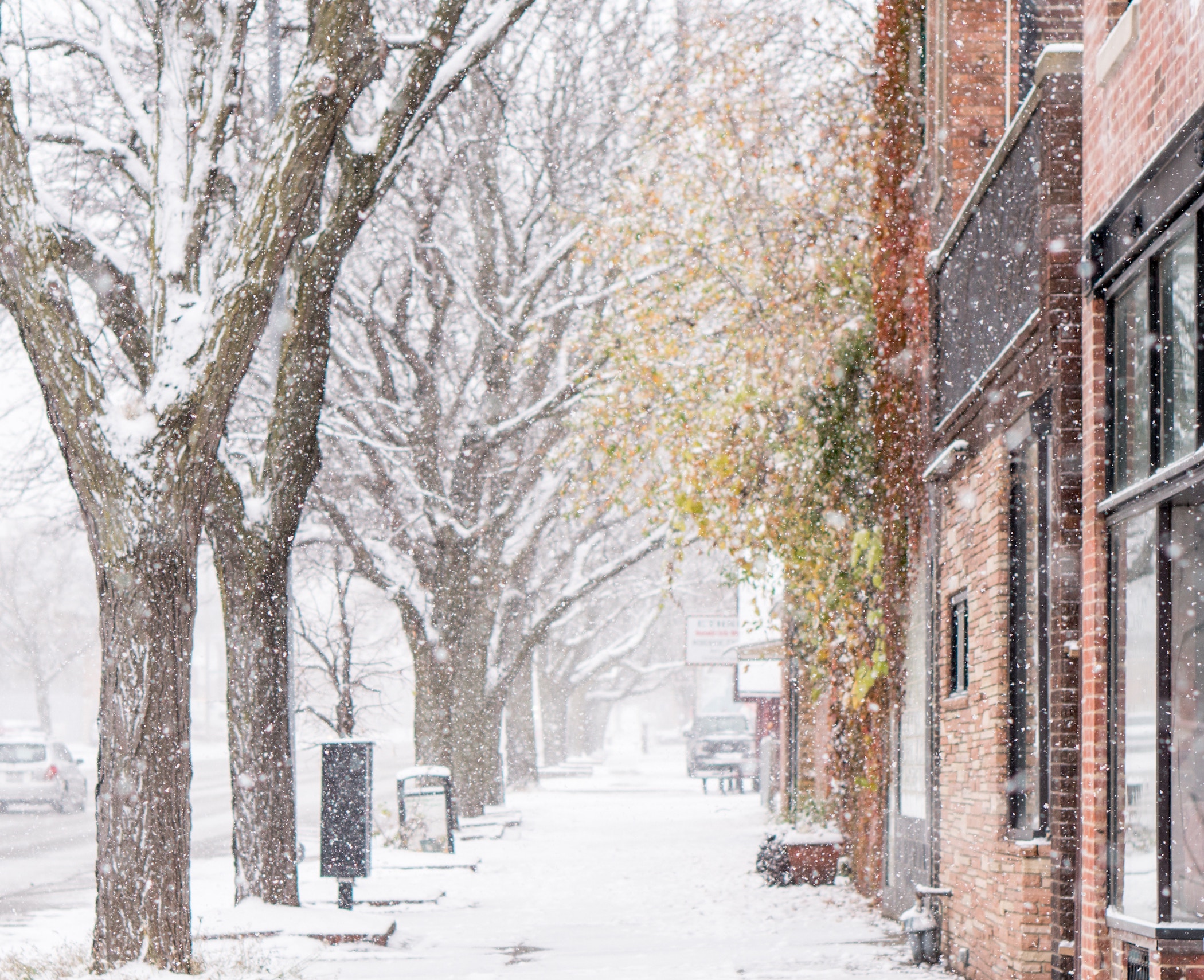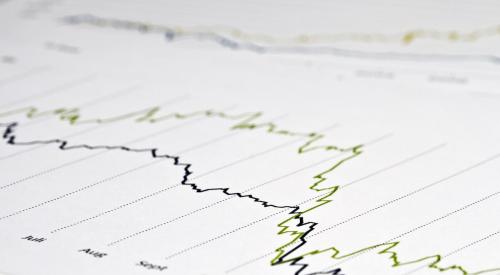Economists are "sounding their alarms" about the potential for a cyclical recession, prompting experts to assess what to expect, and how the housing market would weather a downturn.
With the exception of the Great Recession, past recessions have not historically been bad for the housing market. ATTOM Data Solutions senior vice president Daren Blomquist explains, “Housing is such a basic need that it won’t necessarily do well, but [it will] at least truck along,” adding that the market “may flatten out a bit, but people still need somewhere to live, so that basic need is going to cause how the housing market—and particularly home prices—to continue to go up.”
In terms of how the current market could weather the storm of a recession, Jeff Andrews writes for Curbed that the dynamic of high demand (more Millennials entering the buying field) and short supply (due to high construction costs and all-around unaffordability) would have to be "fundamentally altered," for the recession to put a dent in housing. Ralph McLaughlin, an economist with CoreLogic, explains that going forward, the trajectory and intensity of the trade war may have an impact on employment, but also on the home building industry if materials become even more costly. As well, tightening immigration policy may make construction labor that much harder to come by in the U.S. “The psychological component I think is absolutely dark horse in what might happen in the next downturn,” McLaughlin says. “The more that we can provide data out there to help such households make more rational decisions in the housing market the better.”
The United States has enjoyed one of the largest economic expansions in its history since the 2008 housing bust brought the global economy to its knees. But with each passing year, the recovery gets a little longer in the tooth, prompting questions about if or when a cyclical recession might take place.
These questions have gotten louder in recent months as rising interest rates and tariffs have wreaked havoc on the stock market, which had been hitting new all-time highs on a regular basis. One of the most reliable tells of an impending recession—the dreaded Treasury bond yield curve inversion—occurred earlier this month between 2-year and 5-year Treasury bonds, leading some economists to sound their alarms.













